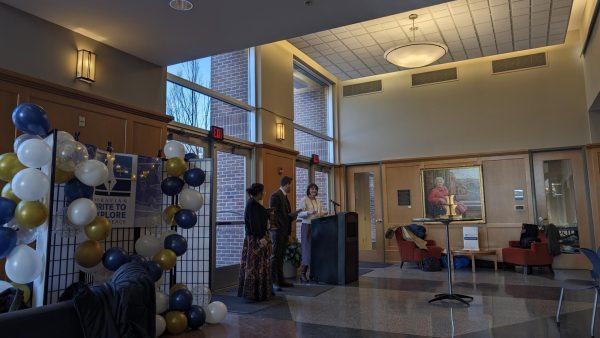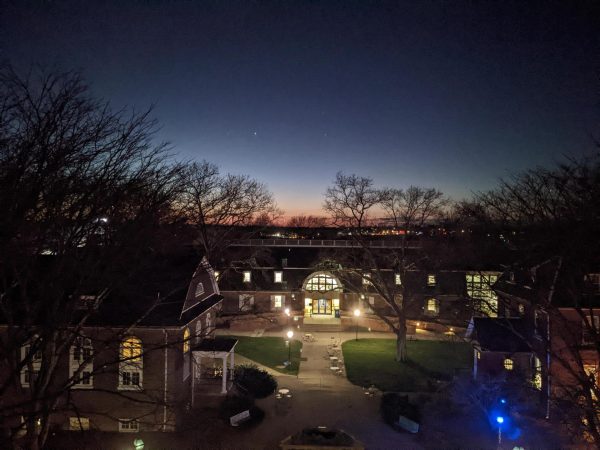IFC Bans Hard Liquor for Greeks in Effort to Stop Hazing
In the last few years, the conversation around fraternities and alcohol have been hot button issues that have led to the institution of new laws that impact Moravian College students.
In September, the North American Interfraternity Conference initiated a new rule that bans fraternities from serving hard liquor (higher than 15 percent alcohol) at parties to students, of age or not, unless it is served by a licensed third-party vendor. The goal behind the new bill is to ensure that an outside entity, such as a registered bartender, can spot the signs of excessive drinking and put a stop to it before a student gets seriously injured or killed.
The president of Delta Tau Delta at Moravian, Mike Del Cioppo, explained that the new law does not much affect Moravian College fraternities. The College requires that Greek “social functions are BYOB [bring your own beer], and even [then] you can’t bring hard liquor,” said Del Cioppo.
Del Cioppo said that the College, the national Delta Tau Delta organization, and Moravian’s local Theta Tau chapter developed the policy. Even fraternity brothers who are over 21 years old and live in the chapter house cannot have alcohol over 15 percent in the house at all, showing that Moravian’s policy is already strict.
However, the IFC’s new rule calls into question a bigger topic besides just alcohol consumption. It begs the question: What can we do about hazing that forces students to binge drink?
“While I understand why they put this rule in place,” Del Cioppo said, “I don’t think [it] alone will stop fraternities that are hazing with alcohol. If they didn’t care before about breaking rules, they won’t care now.”
Del Cioppo’s concerns are warranted. Being that hazing is against the rules for Greek life organizations and yet it still occurs on a wide scale, it is difficult to say that this one rule change will decrease the number alcohol-related injuries and even deaths.
The most famous example, and a catalyst for issues around fraternities and alcohol in the last year, is that of Penn State student Timothy Piazza. The sophomore’s death was related to alcohol consumption, which was later found out to be part of a hazing ritual.
These troubles have not been exclusive to Penn State, however. According to an email from Dean Nicole Lloyd last year, “over the last two years at Moravian College, more than 70 students have been transported to the hospital for alcohol intoxication.”
Areas around Moravian College have dealt with similar problems as well. Lafayette College, Lehigh University, Muhlenberg College, and others in the area have all struggled with students whose drinking has led to reckless behavior and hospitalizations. This is a nationwide phenomena that is affecting countless college campuses now, forcing schools and organizations to look for ways to curb the alcohol-fueled behavior of their students.
While the new initiative will inspire changes, some believe that hazing education would also benefit students.
“Better hazing education and risk management should be taught to all brothers and sisters in Greek life,” said Del Cioppo.
He extended this into teaching all who attend colleges and universities about the risks that can go along with alcohol-related hazing and educating them on how to stop it when they see it.
Finally, Del Cioppo suggested making the fight against hazing a priority during recruitment times. He said that it is important to know that the brothers you are accepting are keen on preventing hazing rather than pushing for it.
If an unfortunate hazing incident still occurs, however, Del Cioppo said that he calls for harsh punishment. “In the case of Tim Piazza, a lot of people got off with no punishment. I was livid.” This is the trend we see in reactive situations when proactive measures do not work. Now, the public is calling for hazers to be criminally charged for their actions.
While this new rule about hard liquor from the IFC is a step in the right direction for reducing alcohol-related issues on college campuses, there is still much more that needs to be done, possibly in different ways than expected.
















